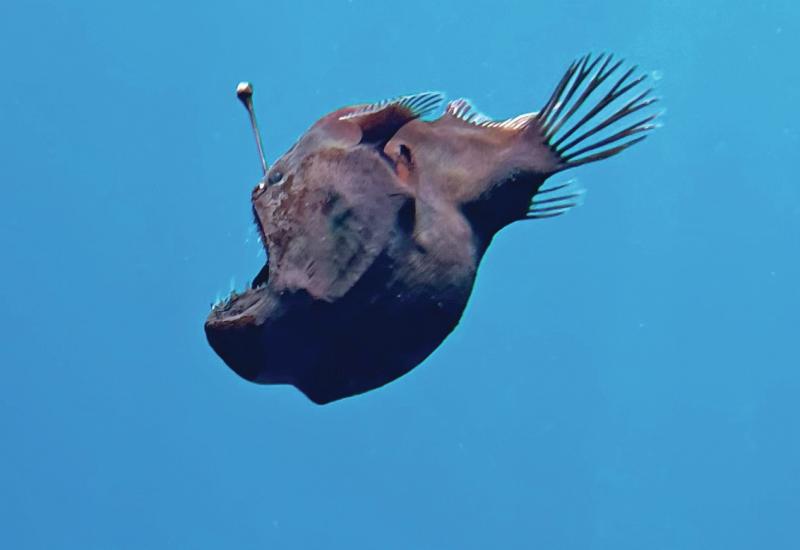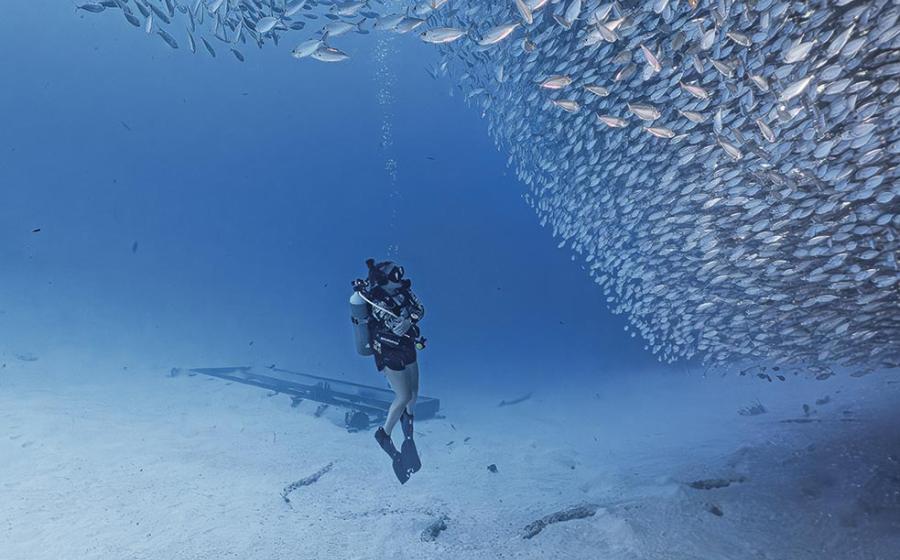10 Things You'd Miss if the Ocean Called it Quits | Earth Day 2015

ShutterstockCheck out these tips to help you get ready for Earth Day 2015!
Humans have taken a lot from the ocean — but what if the ocean decided to call it quits? What if the ocean, encapsulated in the film below by the booming voice of Harrison Ford, really did stop providing us with the generous benefits it’s given us for all of human history? What would happen then?
This possibility is something that more and more governments, businesses and organizations are waking up to, and they are starting to worry. Just consider the remarkable range of benefits we get from healthy oceans:
- Food provision through wild fisheries and fish farming. About 4.3 billion people get around 15 percent of their animal protein and essential nutrition from seafood.
- Natural products like shells, seaweed, fish oil and coral. Each year, people consume almost 23 million tons of seaweed alone, an amount valued at more than $6 billion.
- Coastal protection. Natural barriers like coral reefs, mangroves and seagrass beds mitigate impacts from major storms and tsunamis.
- Artisanal fishing opportunities for those who don’t have other options for employment or livelihoods and need to make their sustenance from oceans. There are over 12 million artisanal fishers worldwide.
- Economies and livelihoods for people along the coasts. Worldwide, an estimated 350 million jobs depend on the ocean.
- Biodiversity. Already the IUCN Red List categorizes 11.7 percent of the 8,459 marine species assessed to date as threatened with a high risk of extinction in the wild. The decline or extinction of species threatens the many direct and indirect benefits they provide to people, from being sources of new medicines to maintaining ecosystems in balance.
- Clean water — free from pollutants and plastic garbage — that people can swim and wash in without putting their health at risk. There are already more than 400 dead zones worldwide, where lack of oxygen prevents many forms of life. These dead zones cover an area larger than the entire state of Minnesota.
- A sense of place, including cultural, spiritual and aesthetic benefits. In the U.S. 39 percent of the population lives in coastal counties; these people are shaped by living by the ocean.
- Carbon storage. The ocean captures carbon dioxide from the atmosphere and buries it in sediments to mitigate climate change. Mangroves capture five times as much carbon per acre as tropical rainforests, but these “blue carbon” habitats are being lost at a rate two- to four- times faster.
- Tourism and recreation. In the U.S., more than 40 percent of people visit the beach each year.
It is pretty obvious that we wouldn’t do well without the benefits provided by a healthy ocean. In fact, we most likely would not survive. The good news is that many people are realizing what is at stake; even global and national leaders are catching on.
By Dr. Sebastian Troeng, senior vice president and managing director of the Betty and Gordon Moore Center for Science and Oceans at Conservation International. This was originally published on CI’s Human Nature Blog as part of the Nature Is Speaking series.










